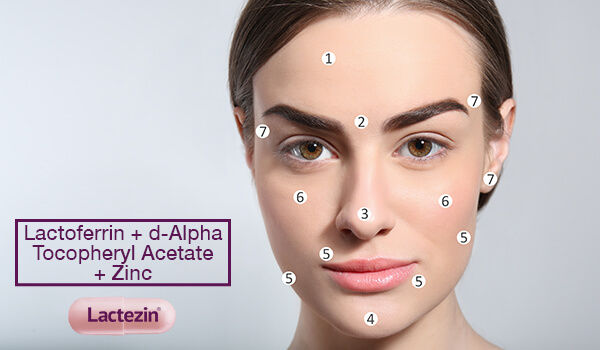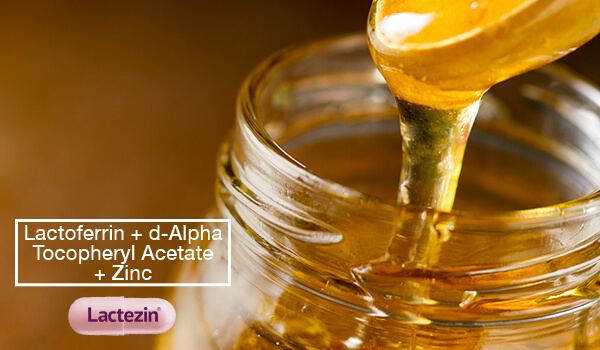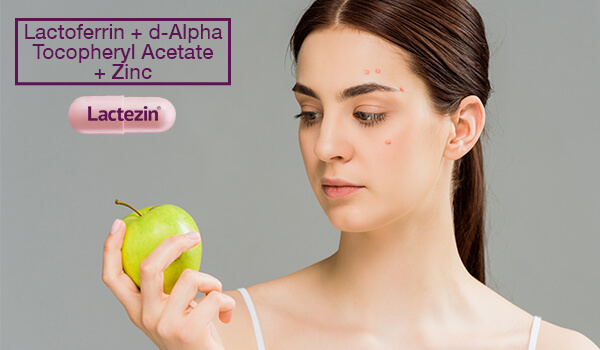Stop Popping Your Zits: How to Remove Pimples Safely
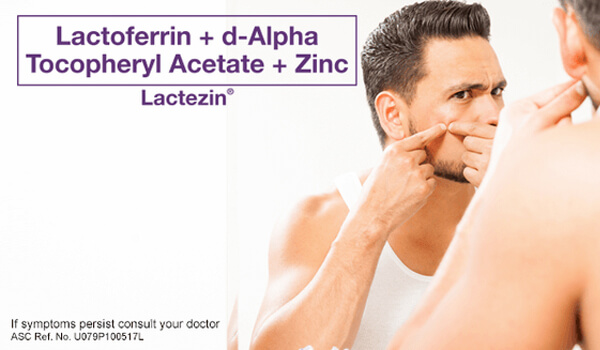
At some point, you may have been warned that popping your zits is bad for your skin. But just how much damage can it cause and how do your remove pimples safely?
Is popping a pimple really bad for the skin?
Simply put, yes. It’s as bad as your doctor (and probably your mother) says it is.
An inflamed pimple happens when the pore becomes engorged with excess sebum, dead skin cells, bacteria, and even pus. These pus-filled blemishes are called pustules. You will notice that they appear red in color, with yellowish or whitish centers—that’s the visible pus.
While it’s very tempting to pop the pustule, there are several reasons why you should keep your hands to yourself:
- Popping pimples can make it worse.
Squeezing a pimple forces all the debris from the pore deeper into the follicle. This may cause the follicle wall to rupture, spilling the infected material into the dermis, or the innermost section of your skin. If you’ve ever popped a pimple, only to have another one in its place, this is the reason behind this.
- It can leave acne scars.
Acne scars are a long-term effect of picking at your pimples. When your skin gets damaged, it’s possible that tissue will be lost as your skin heals. This causes depressed or pitted acne scars. It’s also possible that you’ll see post-inflammatory hyperpigmentation (PIH) or dark spots once the pimple heals.
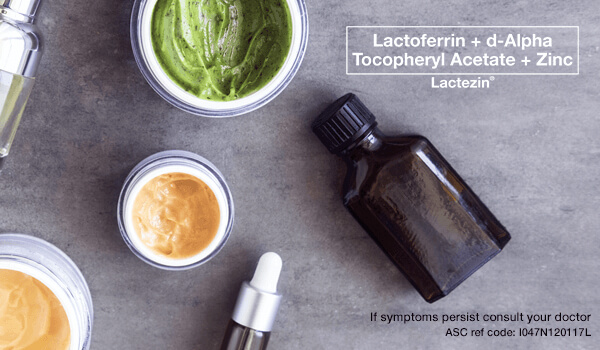
How to remove pimples
Picking at your pimples can spread infection and may ultimately worsen your acne. But you don’t have to deal with acne forever. Here are some ways that can help get rid of acne:
-
Maintain a good acne care routine.
-
Avoid touching your face. Also, make it a habit to clean and disinfect cell phones, eyeglasses, and other items that come in contact with your skin.
-
See your dermatologist. If you get really bothered by pustules, make an appointment to have it extracted safely.
Depending on the severity of your acne, you may also try an oral acne medication such as Lactezin®. Learn more about how Lactezin® works.
Results are based on clinical studies and may vary depending on the individual. There is no guarantee of specific results. Please see full disclaimer: Disclaimer
SOURCES:
National Institute of Arthritis and Musculoskeletal and Skin Diseases (NIAMS).”Questions and Answers About Acne.” https://www.niams.nih.gov/health_info/acne/
